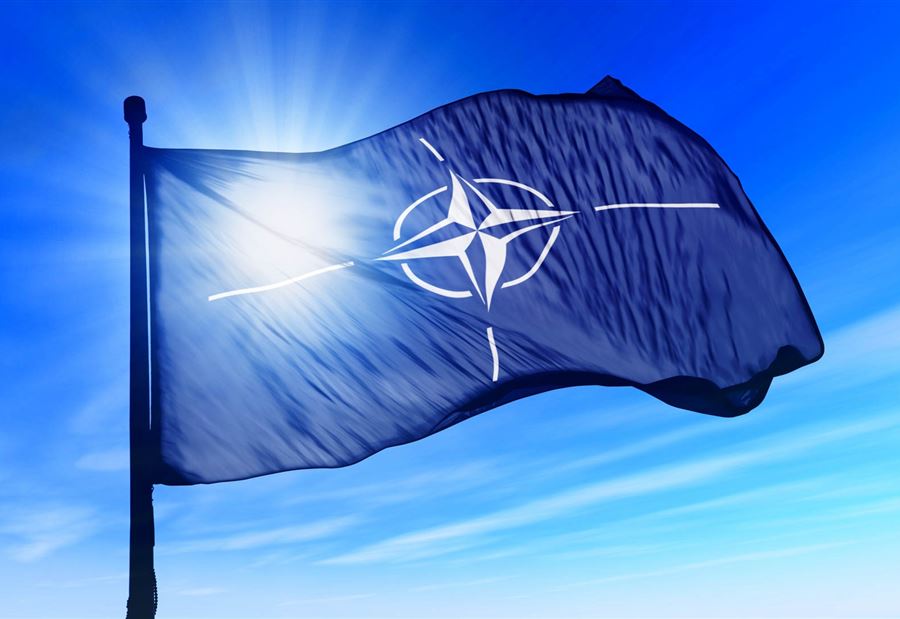Russia’s military operation in Ukraine has heightened NATO’s thinking about the importance of expanding its deterrent force in anticipation of any future developments.
Next week, the coalition appears to be preparing to agree to its biggest defense review since the Cold War at a landmark meeting in Spain from June 28 to June.
“The mentality changed overnight and the level of tension rose,” said one NATO military officer. He expected the Madrid summit to lead to a fundamental change in the situation.
Among the measures expected to be given the green light at the summit is the expansion and renaming of the 40,000-strong NATO deterrent, possibly up to sixfold.
Focusing on Russia’s deterrence from targeting the eastern and southeastern factions of the coalition and classifying it as the most important and direct threat to security is one that will be decided.
In addition, the summit is expected to approve a new comprehensive assistance package for Ukraine, including equipment to counter Russian drones and establish secure communications.
“NATO summit in the Spanish capital will be very important because we are at a critical time for our security,” said NATO Secretary-General Jens Stoltenberg.
For his part, Estonia’s senior defense official, Kosti Salem, said he would “try to stop any attack before it starts, with more troops on the ground.”
The new thinking requires NATO allies to have more soldiers, sailors, Marines and air crews with combat capabilities ready to move at any time.
Deploying troops abroad is considered costly, and some allies argue somewhat unnecessarily, given that NATO is likely to receive months of early warning before Russia takes action.
Aside from the immediate crisis, the Allies will also unveil in Madrid the so-called “strategic concept”, a plan for NATO on the threats and challenges it faces.
This includes China, climate change, cyber warfare and advanced space capabilities.
Source: Lebanon Debate
